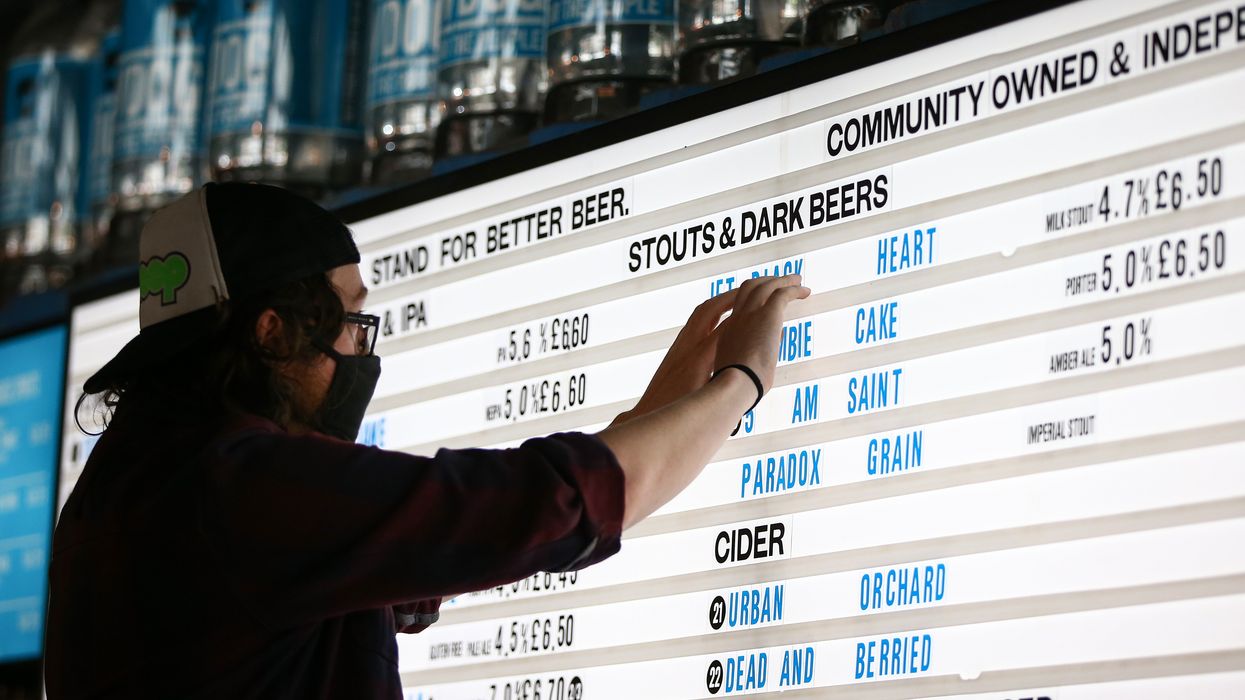Highlights
- BrewDog is set to shut 10 of its UK bars this Saturday.
- Locations affected include Aberdeen, Brighton, Camden, Dundee, and Leeds.
- CEO James Taylor cited location, size, and commercial viability as key factors.
- The company will hold a two-week consultation process with impacted staff.
- Closures come amid mounting pressure on the UK hospitality sector.
BrewDog announces closure of 10 bars across UK
BrewDog has confirmed it will close 10 of its bars this Saturday, citing an “extremely difficult” operating environment for the UK’s hospitality sector.
In an internal email to staff, chief executive James Taylor said the decision followed efforts to improve viability but that certain sites could no longer be sustained due to “their size, location and other limiting factors”.
Affected locations include:
- Aberdeen (flagship bar)
- Brighton
- Camden
- Dundee
- Leeds (North Street)
- Oxford
- Sheffield
- Shepherd’s Bush
- Shoreditch
- York
“No realistic prospect” of viability, says CEO
Taylor, who took over as BrewDog CEO less than five months ago, wrote:
“Following much consideration, we have sadly concluded that there is no realistic prospect of making these venues commercially viable.”
He added that keeping underperforming bars open would hinder BrewDog’s ability to invest in areas with stronger growth potential.
“This decision is not simply a response to the challenging UK hospitality market, but a proactive decision to redefine the bar division’s focus.”
Staff consultations and redeployment plans
The company has not confirmed how many employees will be affected by the closures but said it has begun a “meaningful and appropriate consultation process”, lasting at least two weeks. One-to-one meetings are being arranged for all staff at risk.
A BrewDog spokesperson said:
“We are working hard to minimise the impact on our people, and we expect to redeploy many affected team members across the BrewDog network.”
Industry pressure and BrewDog’s recent performance
The closures come at a time of growing financial pressure on UK hospitality businesses, driven by increases in national insurance, rising wage costs, and inflation. Earlier this month, Oakman Inns, a hotel and pub chain, entered administration, closing six locations and cutting 159 jobs.
BrewDog, founded in 2006 by James Watt and Martin Dickie, has grown from a garage start-up in Fraserburgh, Aberdeenshire, into an international beer brand with bars, hotels, and retail distribution. In 2023, the company employed more than 3,000 people worldwide.
The latest financial accounts show revenue rose from £321 million to £355 million, but pre-tax losses widened from £30 million to £59.2 million, partly due to increased costs and write-downs on underperforming sites.
The company has also undergone executive changes, with Taylor becoming the second CEO in under a year following the departure of James Arrow in March for “personal reasons”. Prior to his promotion, Taylor had served as BrewDog’s chief financial officer since 2023.
According to industry figures, more than 400 pubs in England and Wales closed in 2023, bringing the total number below 39,000 for the first time.





